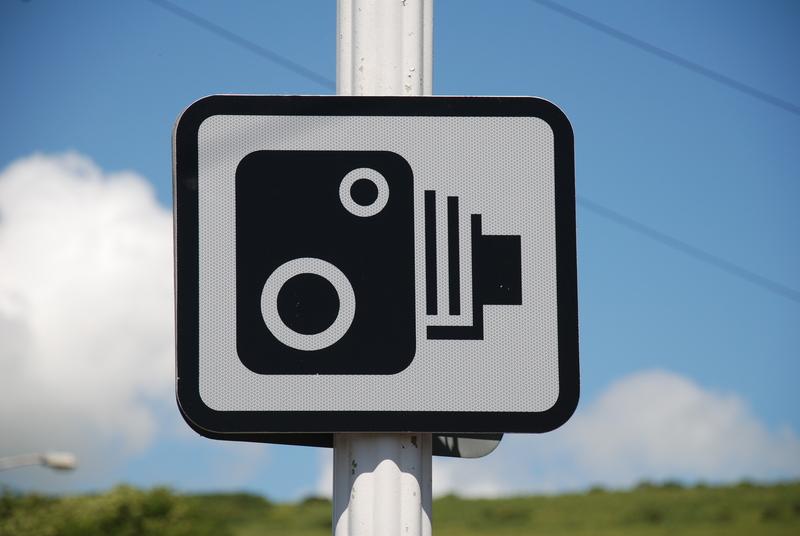According to Frost and Sullivan, Apple’s new iOS 7 for the automotive industry is too late and too limited for the automotive market. The device has notable changes to the interface and improved voice capabilities of personal assistant SIRI. Auto OEMs however, with their respective partners have moved many a mile without the need for Apple’s involvement. The announcement may be seen as a phased approach after last year’s announcement of SIRI EyesFree by Apple at WWDC. “If compared to other players, such as
RSSAccording to Frost & Sullivan, 493 Apple’s new iOS 7 for the automotive industry is too late and too limited for the automotive market.
The device has notable changes to the interface and improved voice capabilities of personal assistant SIRI. Auto OEMs however, with their respective partners have moved many a mile without the need for Apple’s involvement. The announcement may be seen as a phased approach after last year’s announcement of SIRI EyesFree by Apple at WWDC.
“If compared to other players, such as1691 Google and 2214 Microsoft, Apple's intention for the automotive industry seems ambiguous at large and the announcements regarding EyesFree and iOS integration is, at best, a predictable reflex reaction to being left out of the automotive OS game,” says Frost and Sullivan industry analyst, Krishna Jayaraman “Even if exciting, the 'iOS for cars' comes way too late into the market.”
He believes Apple’s announcement will not make it a big threat for the traditional automotive infotainment ecosystem, saying that while OEMs such as BMW have categorically declined to use this new solution, it will be ideal for a few niche OEMs which can benefit greatly from a readymade solution.
Apple says iOS in the car will be adopted by a wide range of car brands, including1683 Honda, 1685 Mercedes-Benz, 838 Nissan, 5343 Ferrari, 1960 Chevrolet, 4777 Infiniti, 5229 Kia, 1684 Hyundai, 609 Volvo, 4231 Vauxhall/4233 Opel, and 3883 Jaguar. 1731 BMW does not feature in this list. “For OEMs which have already established their infotainment systems, specifically smartphone integration with apps and content however, changing the entire architecture and implementing a completely new system becomes difficult,” cautions Jayaraman. The biggest challenge is balancing iOS with current OEM developments. OEMs' attitude toward iOS device integration technology and their tendency to not really scout for proprietary development at all might help Apple establish its niche.
“Apple is targeting a niche segment and has taken the right baby steps by leveraging its entry on the popularity of its smartphones in the market,” remarks Jayaraman. “If the idea is to become a system integrator, then Apple has made the perfect opening move.”
“From an automotive Tier I perspective, this is a great opportunity to partner with Apple and integrate iOS into their overall infotainment framework,” concludes Jayaraman. “Apple needs to find a way to make this iOS integration backward compatible by working with OEM aftermarket divisions and allowing the solution to be compatible with older vehicles. This can allow Apple to tap into a larger volume of cars and create a deeper impact.”
The device has notable changes to the interface and improved voice capabilities of personal assistant SIRI. Auto OEMs however, with their respective partners have moved many a mile without the need for Apple’s involvement. The announcement may be seen as a phased approach after last year’s announcement of SIRI EyesFree by Apple at WWDC.
“If compared to other players, such as
He believes Apple’s announcement will not make it a big threat for the traditional automotive infotainment ecosystem, saying that while OEMs such as BMW have categorically declined to use this new solution, it will be ideal for a few niche OEMs which can benefit greatly from a readymade solution.
Apple says iOS in the car will be adopted by a wide range of car brands, including
“Apple is targeting a niche segment and has taken the right baby steps by leveraging its entry on the popularity of its smartphones in the market,” remarks Jayaraman. “If the idea is to become a system integrator, then Apple has made the perfect opening move.”
“From an automotive Tier I perspective, this is a great opportunity to partner with Apple and integrate iOS into their overall infotainment framework,” concludes Jayaraman. “Apple needs to find a way to make this iOS integration backward compatible by working with OEM aftermarket divisions and allowing the solution to be compatible with older vehicles. This can allow Apple to tap into a larger volume of cars and create a deeper impact.”




